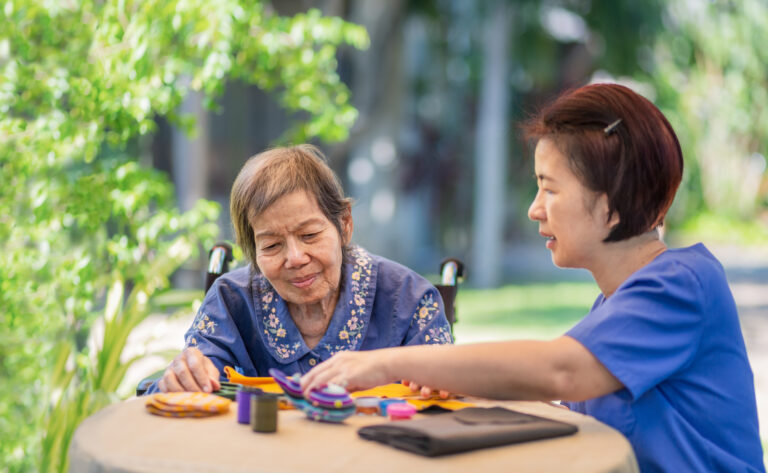Using smart speakers for Alzheimer’s patients can be safe and beneficial when implemented thoughtfully, but it requires careful consideration of privacy, usability, and the specific needs of the individual. Smart speakers, such as Amazon Alexa or Google Home, are voice-activated devices that can assist with reminders, communication, entertainment, and emergency support, which can help maintain independence and improve quality of life for people with Alzheimer’s disease.
Smart speakers offer several advantages for Alzheimer’s patients. They provide hands-free interaction, which is especially useful as cognitive and motor skills decline. Patients can use voice commands to set medication reminders, ask for the time or date, play music, or contact family members without needing to navigate complex interfaces. This ease of use can reduce frustration and support daily routines, which are crucial for people with dementia. Studies have shown that older adults find smart speakers supportive for social connection and safety, helping to reduce feelings of isolation and providing a sense of security [4].
Moreover, smart speakers can be integrated into broader smart home systems that monitor safety. For example, multifunctional systems designed for older adults can include fall detection, emergency communication, and environmental hazard alerts (such as smoke or carbon monoxide detection). These systems use smart speakers alongside wearable devices like smartwatches to create a safer living environment, allowing Alzheimer’s patients to live more independently while caregivers receive timely alerts if assistance is needed [1].
However, there are important safety and privacy considerations. Alzheimer’s patients may have difficulty understanding or controlling the data shared by smart speakers, which often collect and transmit personal information to cloud servers. It is essential that caregivers or family members help manage privacy settings and monitor device use to prevent unintended data exposure. The LifeTomorrow system, for example, emphasizes giving older adults control over their health data sharing, allowing them to grant or revoke access as needed, which is a model that could be adapted for smart speaker use [1].
Another concern is the potential for confusion or misuse. Alzheimer’s patients might accidentally trigger commands or misunderstand responses, which could cause frustration or anxiety. Training and ongoing support are necessary to ensure the patient can use the device effectively. Some smart speakers now include visual displays and simplified interfaces that may help users with cognitive impairments engage more easily [2].
Smart speakers also support caregivers by reducing their burden. They can automate reminders for medication or appointments, facilitate communication between patients and family members, and provide peace of mind through emergency call features. This technology does not replace human care but complements it by making caregiving more manageable and supporting the patient’s autonomy [3].
In care home settings, digital technologies including smart speakers are being used to enhance the wellbeing of people with dementia by enabling engagement with positive memories and social interaction. These devices can be part of reminiscence therapy or interactive activities that stimulate cognition and mood [2]. Such applications highlight the potential of smart speakers beyond basic assistance, contributing to emotional and psychological health.
In summary, smart speakers can be safe and helpful for Alzheimer’s patients if privacy is protected, devices are tailored to cognitive abilities, and caregivers provide appropriate support. They offer practical benefits for daily living, safety monitoring, and social connection, which are vital for maintaining quality of life in dementia. Ongoing research and development continue to improve these technologies to better meet the needs of this vulnerable population.
Sources:
[1] PMC – Multifunctional system supporting older adults’ safety and independence
[2] GOV.WALES – Digital technologies in care homes including smart speakers
[3] Healthcare Guys – Smart monitoring tools for aging parents
[4] Tandfonline – Study on smart speakers supporting social connection and safety in older adults





